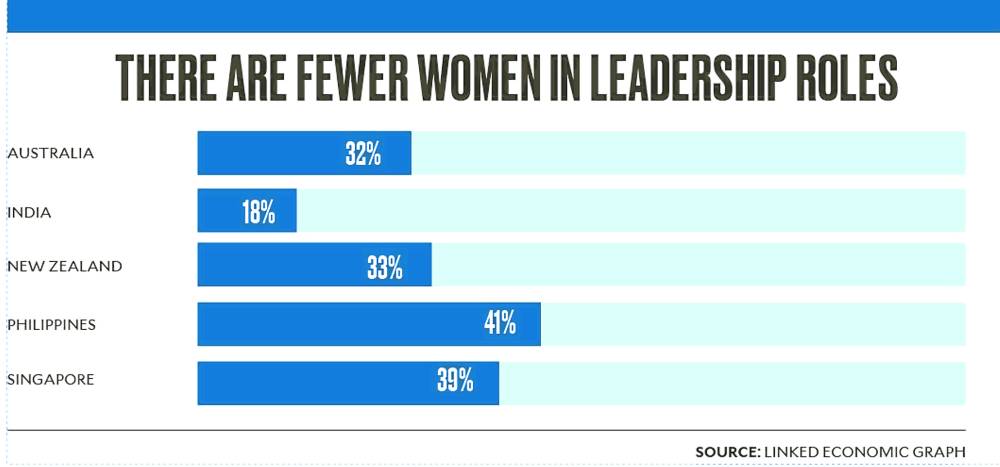Linking talents to those who need them
In today’s world of work, people need and should be willing to upskill and/or reskill to keep their jobs or enhance their employability.
And employers have to provide the incentives and opportunities for their workers to learn new or to upgrade existing skills if they want to keep them.
This was the message that Feon Ang, LinkedIn’s managing director in the Asia Pacific, delivered during a recent visit to the Philippines.
No longer are employees expected to simply be experts in their fields with little regard for what others are doing or to go through life without adding to or improving on what they had learned to earn their credentials.
Ang says one of the most essential tools for today’s employees is the ability to work with others, the skill to collaborate and communicate as they work to achieve shared goals, like sustainability, the current buzz word as the world faces the devastation of climate change.
Article continues after this advertisementDespite fears that humans would eventually be redundant as new technologies change the look and composition of work places, Ang gives the assurance that talent remains important and the demand for it remains huge.
Article continues after this advertisement“If we don’t develop talents, if people are not invested in their work, they tend to (leave),” she says. But if they were allowed to develop and acquire more and/or new skills, they would stay. LinkedIn data found that employees who were allowed to improve themselves on the job remain for more than five years, at least.
Ang stresses that employers have to support the upskilling and/or reskilling of their workers. The initiative has to come from the top and companies have to prioritize the enhancement and strengthening of their employees’ skills.
Fortunately, many companes are beginning to realize that they “needed and had to develop talents” and are investing in the task, she says. “People are being given the opportunity to grow.”
Changing skills requirement
The LinkedIn executive dismisses the notion that older workers will be disadvantaged in the new workplace. “Older workers have a different kind of value for the employer,” she says. While young workers may be technology-savvy digital natives, older people have acquired problem-solving skills, among others, that younger colleagues still have to develop.
The ability to acquire and develop new skills has become a sought-after life-long learning capability. Ang points out that even skills required for or are related to a particular job are changing. Skills will continue evolving as the requirements of a job change.
Just as companies are beginning to realize the need for the continuous upskilling of and the value of lifelong learners in their workforces, Ang says there is also a greater awareness of women’s roles at work.
Although LinkedIn data show that gender parity in the workplace is still a distant goal, “diversity is becoming important,” Ang says. There is also an increased awareness to help women perform their jobs, particularly given their multiple roles that include being mothers and homemakers.
The right skills, however, will always be an advantage. “As long as (the employee) has the skills, there are always opportunities,” Ang says.
Ang explains how LinkedIn is opening up opportunities to make the right match between jobseeker and employer. Workers who upload their credentials and achievements on LinkedIn are increasing their chances of finding the right jobs that will advance their career goals and help them achieve the results they seek as employers have the opportunity to match skills to their actual needs.
Jobseekers are also updated on what skills and competencies are in demand and/or needed while employers find out what competitors are doing.
As for the accuracy and credibility of stated skills and credentials, Ang touts LinkedIn as the “most trusted” platform because it offers tools for the quick verification of those claims. Artificial intelligence, she says, is used to detect fraud.
Ang adds that top Philippine companies are already using LinkedIn as a platform for finding and hiring the right people to fill vacancies. Engagement among local jobseekers and employers is very high, she says.
LinkedIn, Ang stresses, is a platform for exchanging knowledge, connecting available talents and skills with those that needed them and opening up new and greater opportunities. —Contributed

